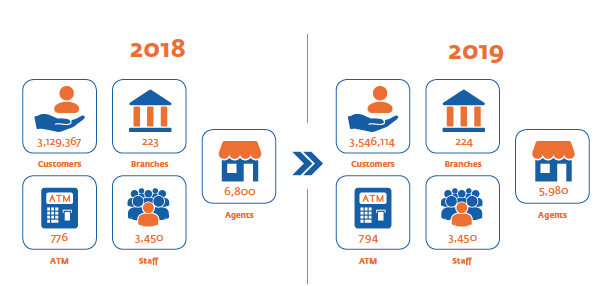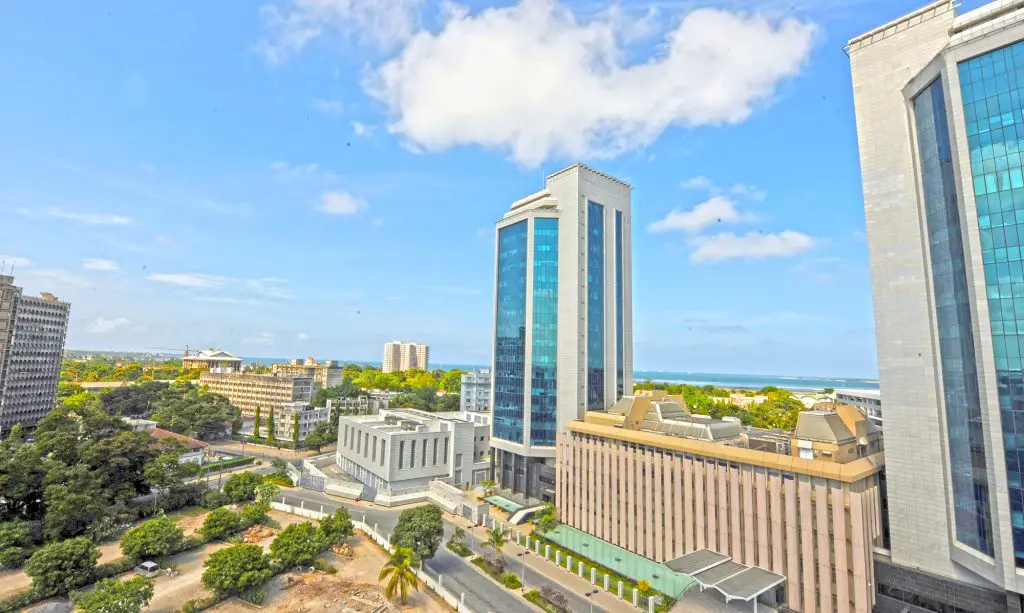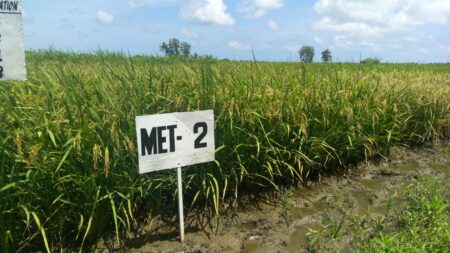
Here’s NMB Bank PLC …
“Year on year Loans and Advances exhibited a healthy growth of 11% to TZS 3,596 billion from TZS 3,252 billion in 2018.” – NMB 2019 annual report, page 17.

According to CRDB Bank PLC …

I don’t know where The Economist got its data from. But on the primary source data I look at, Tanzania’s biggest banks are in rude health, extending lots more credit to the private sector in 2019 than 2018.This has continued in the first six months of 2020 as well. NMB’s total loans and advances grew by 3.1% from January 1 to March 31, and by 2.7% from April 1 to June 30. Annualize those rates and it looks like double-digit loan growth is on the cards again in 2020.For CRDB, loan growth was even stronger at 3.1% in the first quarter of 2020 and 3.8% in the second quarter. Again, that would translate to a robust double-digit annual rate of more than 12%.And it’s leading to big profits for shareholders…
NMB Bank’s net profit climbed 65% in the first half of 2020 versus 2019 (which was already a decent year!)
One of the best investment set-ups I’ve seen in my career
To make big money in financial markets you generally need a non-consensus view; that view needs to be correct; and, then eventually, you need the market to come around to your way of thinking.
I am convinced we have such as set up in Tanzania right now.I have read almost nothing bullish about the country for years. Anyone I meet or talk to is either downright bearish or at the very least circumspect.
Investors who were riding high in the 2012-2016 period have largely sold up and fled. Several high profile funds let go of their NMB Bank shares for TZS 700 and TZS 1,000. They’ve also been selling TBL shares at TZS 5,000, or less than half the last quoted price.
Prices for many blue-chip shares on the Dar es Salaam Stock Exchange are downright bargains.
That includes the stock exchange itself, which is also listed. I’ll have more on its great recent earnings report next week.
Of those stocks I own, CRDB, is selling for under 3x earnings, and Twiga Cement for under 6x earnings. Even market darling TBL trades on a single-digit P/E ratio if you can secure a block in a special crossing at TZS 5,000 as has been possible in recent months.
Tanzania has Presidential elections coming up in October. Already the media has its knives out for Magafuli. I don’t see the negative press changing any time soon. Hopefully that gives us time to buy some great bargains for the African Lions Fund.
I’ll be circulating an information memorandum on the fund next week. That will be followed in short order by the legal document, the Private Placement Memorandum (PPM), which has been sent to the regulators for approval this week.
I will invite all those interested in investing to join me on a Zoom call, where I will do a presentation and run through the details again. There will also be an opportunity for you to ask questions.
It’s going to be an exciting few weeks ahead. So, stay tuned. Or, if you are interested in the fund, but haven’t signed up to the list yet, please join us.











